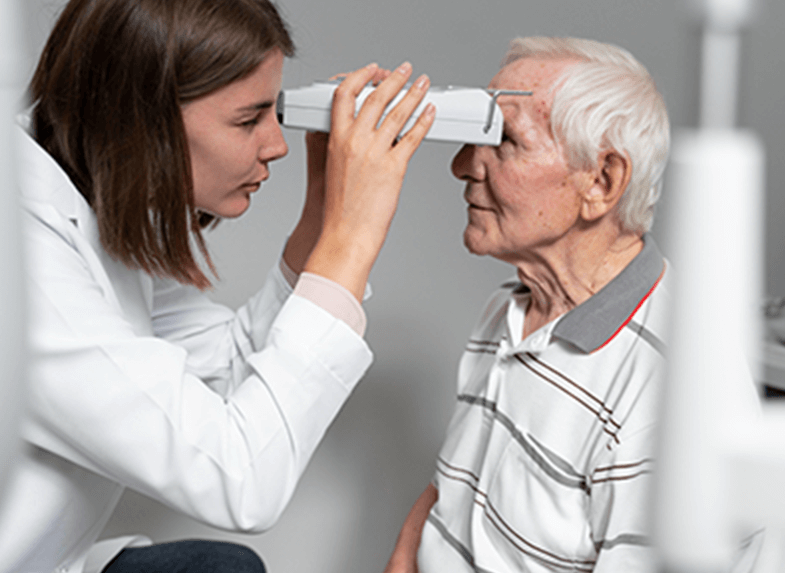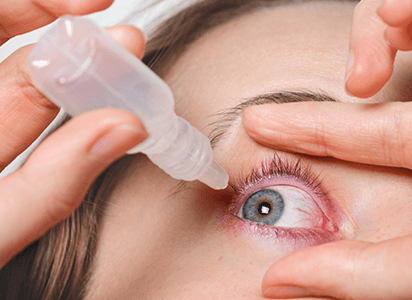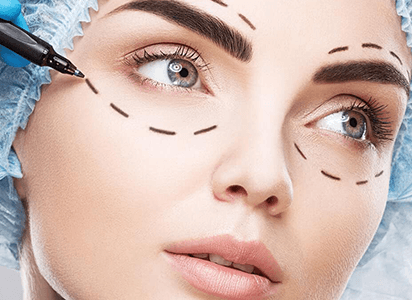
Glaucoma Services
Fathima Eye Care provides advanced glaucoma services using state-of-the-art technology for thorough assessments. Regular screenings are essential for early detection, especially for those over 40 or at risk. Known as the "silent thief
of sight," glaucoma comes in various forms, highlighting the importance of timely evaluations. book.
Fathima Eye Care is renowned for its exceptional glaucoma services, equipped with state-of-the-art technology to assess both the structural and functional changes caused by the disease. Our advanced tools include the Humphrey Field Analyzer
and Optical Coherence Tomography (OCT), which analyze critical aspects such as the retinal nerve fiber layer (RNFL), optic nerve head (ONH), ganglion cell layer, and retinal thickness asymmetry. Despite its serious implications, glaucoma
is often termed the "silent thief of sight," as there are typically no noticeable symptoms in the early stages. Most individuals remain unaware of their condition until significant vision damage has occurred.
Regular glaucoma evaluations are crucial, especially for individuals over 40, as early detection can prevent vision loss. Those with a family history of glaucoma, systemic diseases like diabetes or hypertension, high myopia, or a history
of eye trauma or long-term steroid use should prioritize screening. Glaucoma has various forms, including Primary Open Angle Glaucoma, Angle Closure Glaucoma, Normal Tension Glaucoma, and Congenital Glaucoma. Other types include Secondary
Glaucoma, Pigmentary Glaucoma, Traumatic Glaucoma, and Neovascular Glaucoma, each with distinct causes and implications for eye health.

Whatsapp Enquiry











